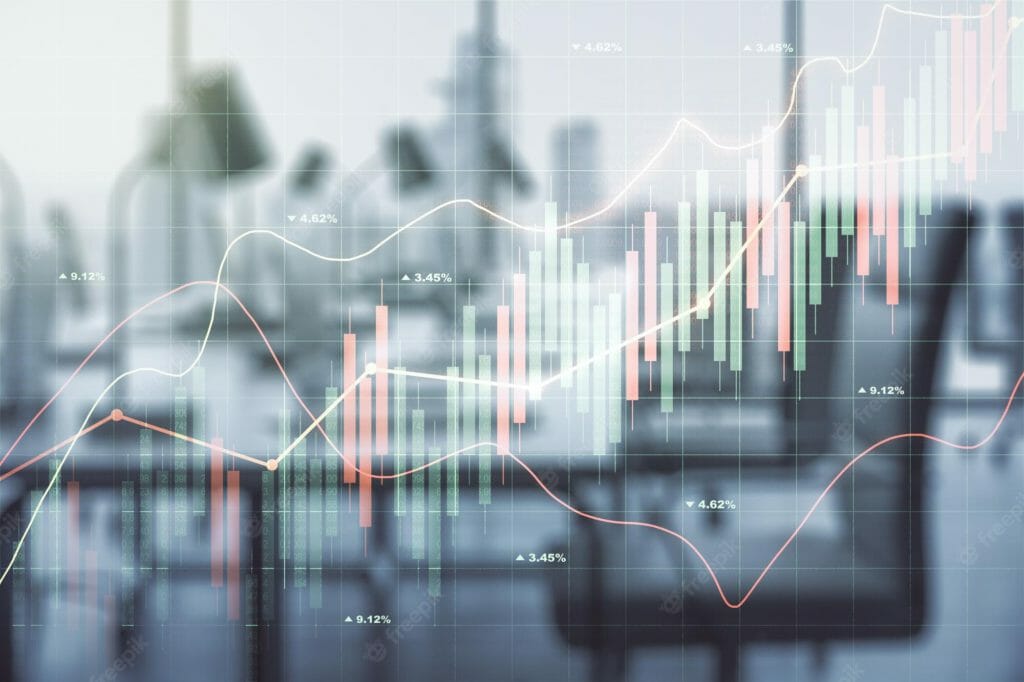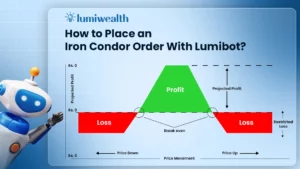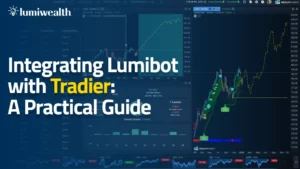Do you want to unlock your profits and reach your financial goals? If so, you should consider day trading algorithms. Day trading algorithms are a type of automated trading software that can help you maximize your profits by analyzing the markets and executing trades on your behalf. In this blog post, we’ll go over how day trading algorithms work, the benefits of using automated trading systems, and the different types of algorithms available. We’ll also discuss strategies for automated futures trading, the best trading algorithms for futures trading, and how to analyze and optimize your futures trading system. So without further ado, let’s dive in!
Introduction to Day Trading Algorithms
Day trading algorithms are computer programs that analyze the markets and execute trades on your behalf. These algorithms are designed to automate the trading process and allow you to take advantage of opportunities in the markets that you would otherwise miss. Day trading algorithms are used by both professional and amateur traders to increase their profits and reduce their risk.
The most popular day trading software is based on technical analysis. Technical analysis is the study of past market movements and trends to predict future price movements. This type of software uses technical indicators, such as moving averages, to identify opportunities in the market. Day trading algorithms can also be used to automate other types of trading strategies, such as momentum trading and trend following.
Benefits of Futures Automated Trading
Futures automated trading has several advantages over manual trading. First, automated trading systems are much faster than manual trading. This speed allows traders to capitalize on opportunities in the markets that they might otherwise miss. Automated trading systems also allow traders to backtest their strategies to see how they would have performed in the past. This allows traders to refine their strategies and find the best strategies for their goals.
In addition, automated trading systems can help traders limit their risk. By using automated trading systems, traders can limit their losses by setting stop-loss orders and take-profit orders. These orders are automatically executed when certain conditions are met, so traders don’t have to worry about monitoring the markets constantly.
Finally, automated trading systems can help traders save time. By automating the trading process, traders can focus on other aspects of their trading, such as risk management and strategy refinement.
Key Components of Automated Futures Trading Systems
Automated futures trading systems have several key components. The most important component is the trading algorithm. This is the computer program that analyzes the markets and executes trades on your behalf. The trading algorithm can be based on technical analysis, momentum trading, or trend following.
The other key components of automated trading systems include the data feed and the broker. The data feed is the source of market data that the trading algorithm uses to analyze the markets. The broker is the platform that the trading algorithm uses to place trades.
Types of Automated Futures Trading Software
There are several types of automated futures trading software available. Most of these programs are based on technical analysis and use technical indicators, such as moving averages, to identify potential trading opportunities.
In addition, there are programs that use more advanced algorithms, such as neural networks, to analyze the markets. These programs are often used by professional traders and can be quite expensive.
Finally, there are programs that use artificial intelligence (AI) to analyze the markets. These programs are often used by experienced traders and can provide highly accurate trading signals.
Strategies for Automated Futures Trading
When it comes to automated futures trading, there are several strategies that you can use. The most popular strategies are based on technical analysis, such as trend following and momentum trading.
Trend following strategies are based on the idea that the markets tend to move in trends. These strategies use technical indicators, such as moving averages, to identify potential trading signals. When the moving averages cross, the strategy will enter a trade in the direction of the trend.
Momentum trading strategies are based on the idea that the markets tend to move in waves. These strategies use technical indicators, such as MACD and RSI, to identify potential trading signals. When the MACD or RSI moves above or below a certain threshold, the strategy will enter a trade in the direction of the momentum.
Best Trading Algorithms for Futures Trading
When it comes to choosing the best trading algorithms for futures trading, there are several factors to consider. The most important factor is the type of trading strategy you plan to use. Different strategies require different algorithms, so it’s important to choose an algorithm that is optimized for your particular strategy.
In addition, you should consider the accuracy and consistency of the algorithm. Some algorithms are more accurate than others, so it’s important to choose an algorithm that is reliable and consistent.
Finally, you should consider the cost of the algorithm. Some algorithms are free, while others are quite expensive. It’s important to choose an algorithm that fits within your budget.
Differentiating Automated Futures Trading Strategies
When it comes to automated futures trading strategies, there are several factors to consider. The most important factor is the type of strategy you plan to use. Different strategies require different algorithms, so it’s important to choose a strategy that is optimized for your particular trading style.
In addition, you should consider the risk profile of the strategy. Some strategies are more aggressive than others, so it’s important to choose a strategy that fits within your risk tolerance.
Finally, you should consider the performance of the strategy. Some strategies are more profitable than others, so it’s important to choose a strategy that has a track record of success.
Analyzing and Optimizing Your Futures Trading System
Once you have chosen a trading system, it’s important to analyze and optimize it. This can be done by backtesting the system and using optimization software to fine-tune the parameters of the system.
Backtesting is the process of testing a trading system on historical data to see how the system would have performed in the past. This can be done with most trading platforms, and it’s an important step in refining and optimizing your trading system.
Optimization software is a type of software that can be used to fine-tune the parameters of a trading system. This type of software can help you find the best settings for your trading system and maximize your profits.
Conclusion
Day trading algorithms can be a great way to optimize your futures trading. These algorithms can automate the trading process and help you identify opportunities in the markets that you would otherwise miss. In addition, automated trading systems can help you limit your risk and save time.
To get the most out of day trading algorithms, it’s important to understand the different types of algorithms available and the different strategies they can be used for. It’s also important to analyze and optimize your trading system to ensure that it is performing optimally.
If you’re ready to take your trading to the next level, click here to sign up for one of our free classes today and start learning how to create your own profitable trading robots!




